New figures show disgraced former NHS Tayside surgeon Sam Eljamel carried out more than 100 operations while being monitored by health chiefs.
But what did his supervision entail?
Answers about this period – in which the rogue doctor was able to continue harming patients – have been demanded by victims as their pursuit of a public inquiry continues.
They want clarity over how closely Eljamel, believed to be working in Libya now, was being watched by those in charge.
When was Eljamel placed under supervision?
On June 21, 2013 – nearly three weeks after he blamed junior staff for his declining performance.
NHS Tayside initially accepted this excuse and said the bungling surgeon had been under “significant pressure”.
Just weeks later though, the health board said Eljamel would have to be placed under supervision after two further complaints emerged.
On June 25, NHS Tayside clinical director Philip McLoughlin approved consultant neurosurgeon David Mowle to monitor him.
What happened while he was being monitored?
Despite the concerns over his practice, Eljamel was still regularly at the operating table while he was being supervised.
Freedom of Information data shows he carried out 141 surgeries from the start of June 2013 until December 9, just before he was placed on leave.
In August, he botched an operation on Kinross mum Jules Rose by removing her tear gland instead of a tumour.
Meanwhile, the Royal College of Surgeons had been putting together a detailed report into Eljamel’s actions.
And their damning findings revealed the disgraced medic regularly left trainee surgeons to operate alone without supervision.
On December 10, Eljamel was placed on leave by NHS Tayside after 18 years of working for the health board.
What did his supervision actually entail?
A section of the Royal College of Surgeons report states Mr Mowle joined Eljamel on his ward rounds every Tuesday morning.
This would have seen Mr Mowle shadow the neurosurgeon each week while he spoke to patients in Ninewells Hospital and reviewed their care.
The pair would then hold a detailed discussion about Eljamel’s cases.
But the report says Mr Mowle did not feel there was “any safety issue with Sam continuing his regular on-call duties” during this period.
It is unclear whether or not Eljamel was ever supervised in the operating theatre during this six-month spell – and his victims doubt he was.
Last year, the Scottish Government received a Freedom of Information request asking for details of Mr Mowle’s action plan for keeping an eye on Eljamel.
It replied: “The Scottish Government has not been provided with further documentation such as an action plan, if that information is available it will be held by NHS Tayside.”
The health board, when asked by The Courier on Friday, did not confirm whether or not the disgraced neurosurgeon was monitored while patients were under the knife.
In a statement, NHS Tayside said bosses were carrying out a “due diligence” review into all documents they hold relating to the rogue doctor “in response to the ongoing and continuing concerns being raised by former patients”.
A spokesperson said: “The purpose of this new appraisal and evaluation of the documents held – and actions recorded – is to gain a better contemporary organisational understanding of NHS Tayside’s decision-making relating to the former surgeon who was suspended in December 2013.”
They added: “NHS Tayside apologises to former patients of the surgeon and remains committed to do whatever is required to support any independent process which is being set up by Scottish Government to respond to patients’ ongoing concerns.”
Eljamel victims have their say
Given Eljamel harmed Jules Rose while he was being monitored, she argues he was not supervised thoroughly enough.
Ms Rose said: “The supervision was wholly inadequate from the get-go.
“The concerns were about his patient management and clinical skills, yet there is no evidence his clinical skills were even considered to require supervision, especially in the operating theatre.
“By ignoring this, and through negligence, the board enabled him to continue butchering and experimenting on patients.
“We will continue to demand a public inquiry in order that these serious questions can be answered.”
Pat Kelly, another lead campaigner, said: “For NHS Tayside to claim Mr Eljamel was being supervised is farcical.
“He should have been supervised in the theatre and not at a bedside.
“Mr Eljamel was seriously harming patients in the theatre and again NHS Tayside turned a blind eye.
“This supervision farce is yet another perfect example of why we need a public inquiry.”
So far the Scottish Government has refused to grant a public inquiry despite acknowledging the hurt of patients.
A spokesperson previously said: “We recognise the significant ongoing concern and distress being experienced by former patients of Mr Eljamel.
“The Scottish Government has committed to establishing an independent commission that could deliver answers quicker than a public inquiry would.”
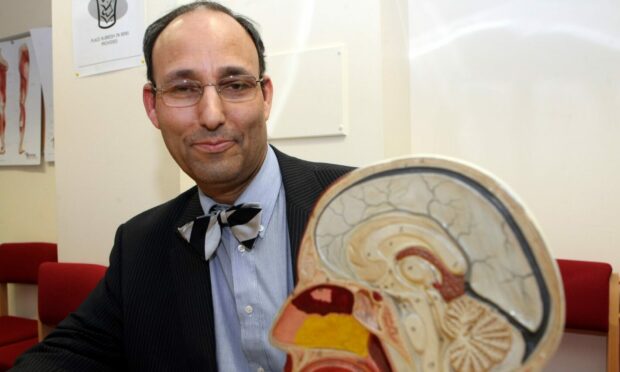
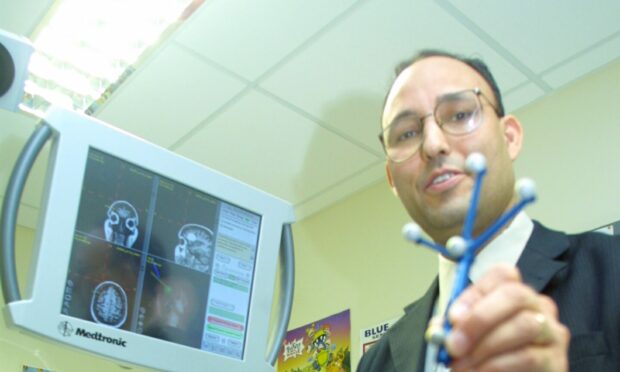

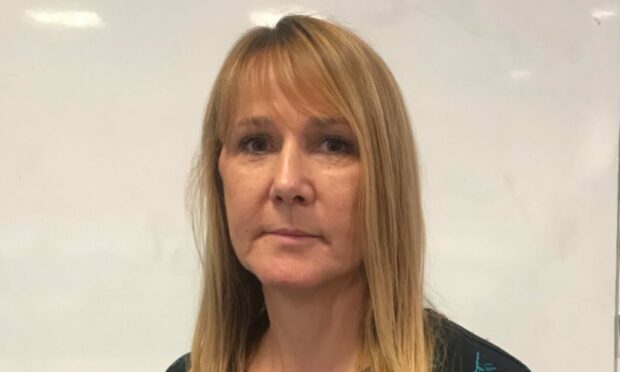
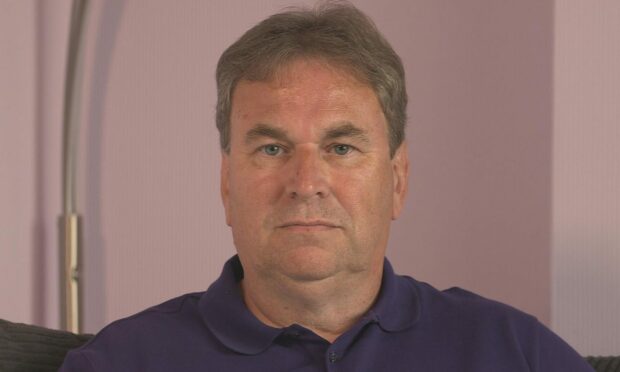

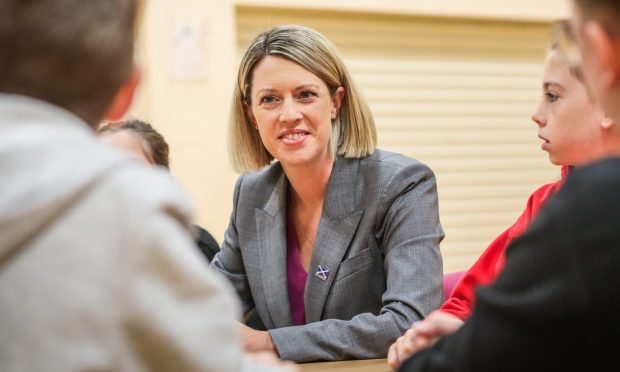
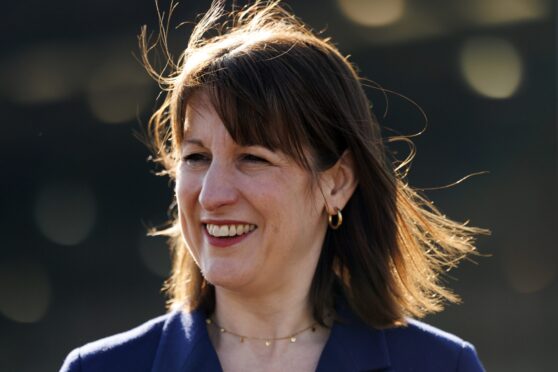
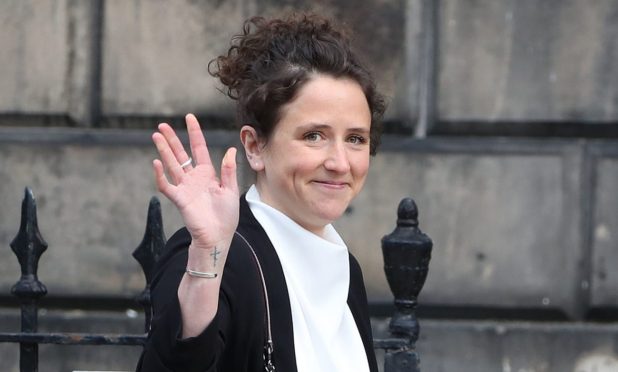
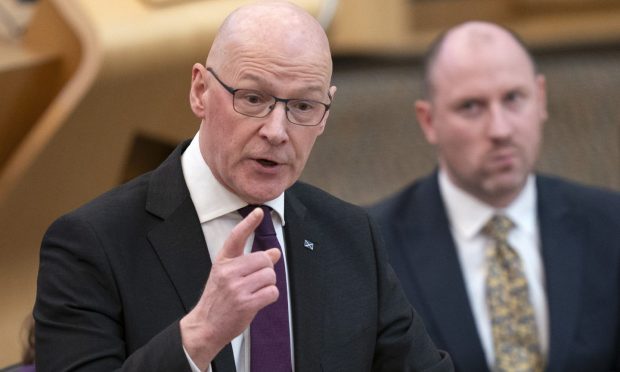
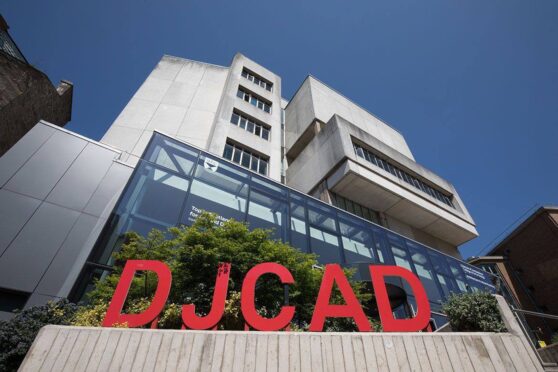
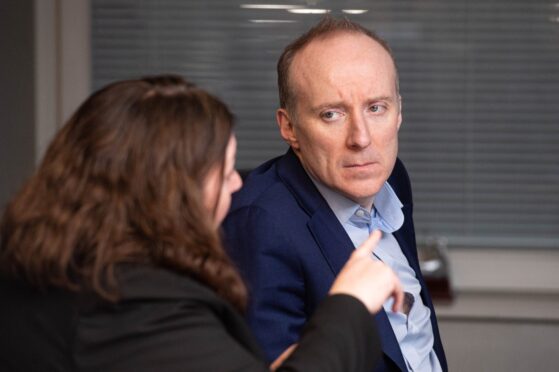



Conversation